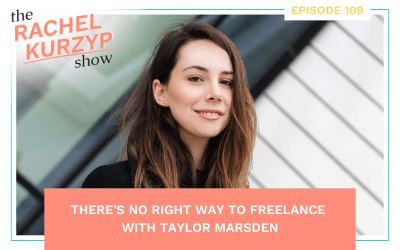I’ve been on both sides of the interview and I know it is often a long, stressful, daunting process for both parties. Sometimes we fall into the trap of thinking the interviewer has all the power and it is up to the interviewee to perform. But this isn’t the case. The Interview should be about both parties coming together and deciding if there is a match, in skills and values. Below are my four tips for interviewers. They will also be a good reminder for interviewees about the types of questions they should be asking in an interview.
Sell me your company
Tell me why I should work for you. So many times I’m just given the negatives about the role or issues with the company. While I like to know what I’m getting in too it doesn’t make me excited about joining the team. Explain what makes your company different to others in the industry and illustrate how your mission translates into everyday work. If I can understand your company’s values I’m better able to see if my values align with yours. If I believe what you believe I’m more likely to stick around and be an advocate for your work.
Provide a space for conversation
There is nothing worse than sitting on the other side of a board room table, facing four unknown faces. It feels more like a panel than an interview and it’s nearly impossible for all five people to be engaged in the conversation at once. If four people really need to be part of the interview process, why not have an initial interview and then a follow up? This way everyone is able to engage on a more personal level and have a chance to talk about their interest and hobbies. While the job or interviewee might look good on paper in the end it’s about working with people. Having a personal conversation is the quickest way to see if there is a match.
Prepare and allow time for questions
Just like you, most interviewees have prepared questions. So many times I’ve left an interview knowing as little about the position as I did before I went in. In some cases when I’ve asked specific questions about strategies and plans I’m told ‘it’s in someone’s head.’ For me to answer how I can improve your communications strategy, as stated in the job description, I need to know what your strategy is. If you have answers and information prepared it makes it easier for me to demonstrate what I know, my previous experience and how I can combine these to help your company.
Do what you say you’re going too
One of the most common questions during an interview would have to be ‘when will I hear back?’ So when you’re asked give an honest answer. If it’s going to be two weeks because you’re launching a new website or going on a holiday then say so. Don’t say tomorrow then leave the interviewee hanging for weeks. In most cases they will have assumed they were unsuccessful and moved on. If it is taking longer than expected why not send them an email or give them a quick call. Successful or not the interviewee will feel like their time and application has been valued.
Featured image by Rachel Kurzyp.





